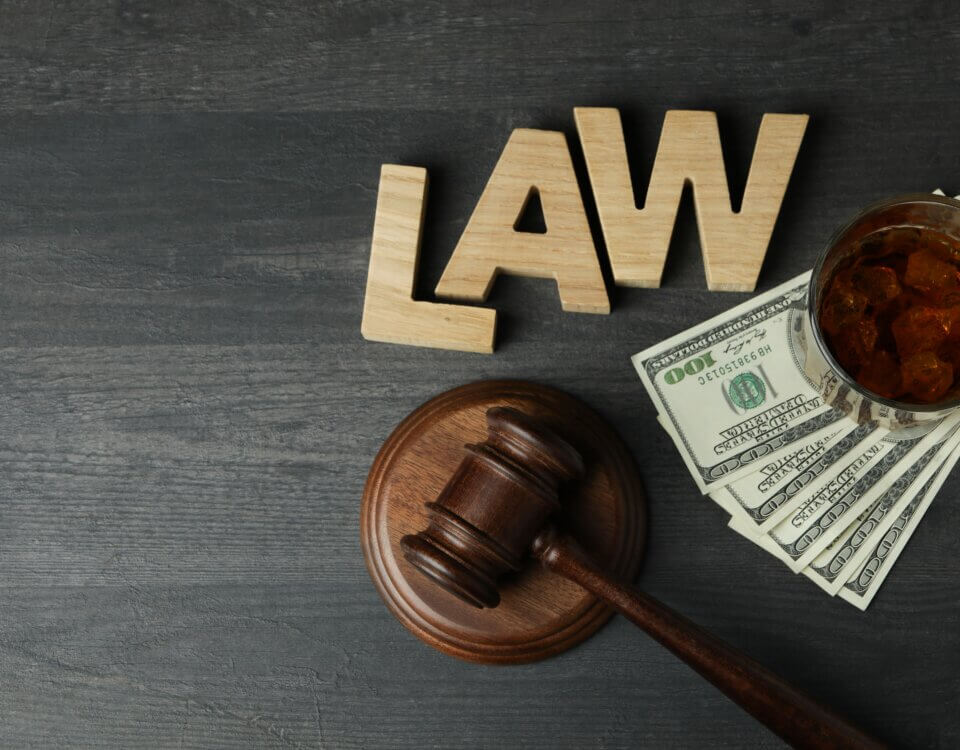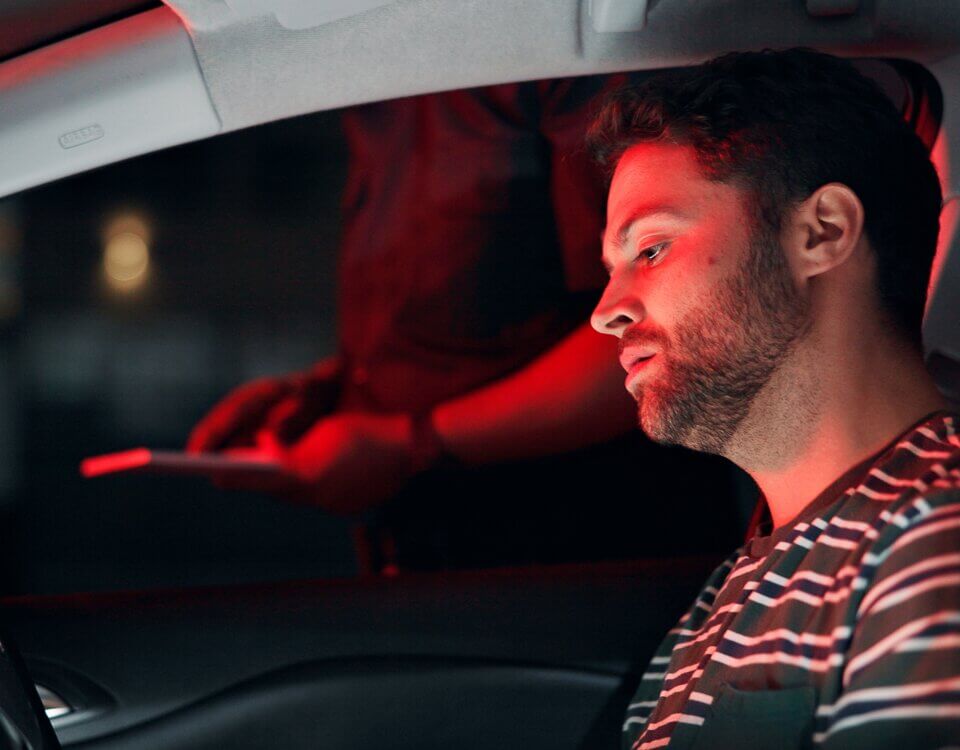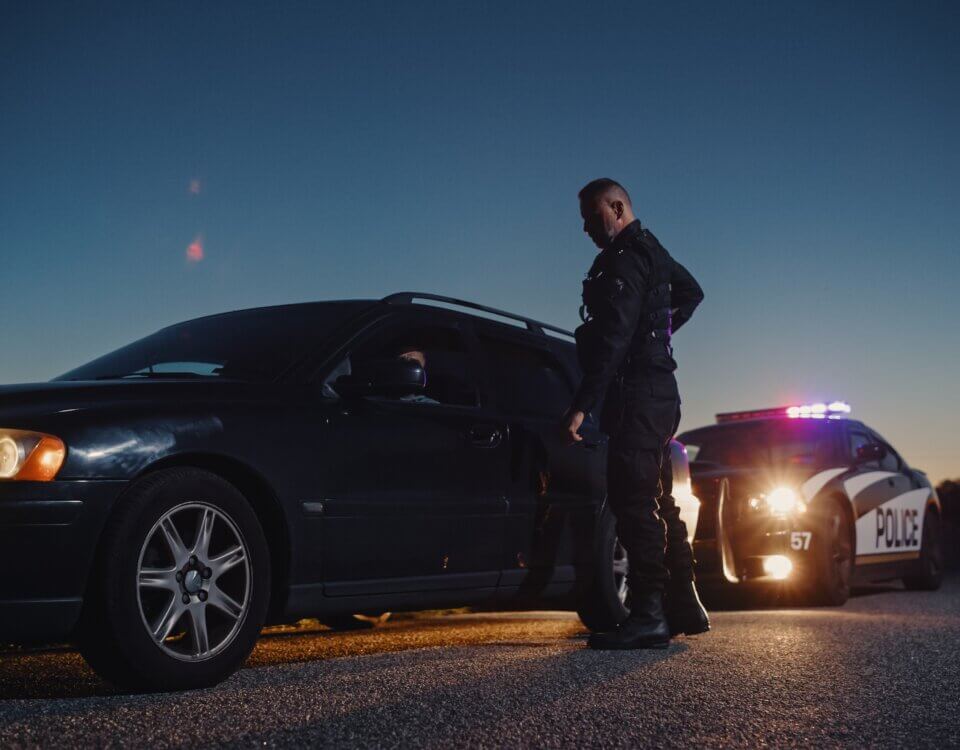Understanding when drunk driving accidents are most common is important for both public safety and legal awareness. Data from recent years shows clear patterns in the days and times when these crashes occur most often.
Saturdays Are the Most Dangerous
Saturday is the day with the highest number of alcohol-related accidents, making up about 22 percent of all crashes involving impaired drivers. The increase is tied to weekend social activities, late-night gatherings, and fewer people choosing safer transportation.
Sundays Come in Second
Sunday follows closely behind with about 20 percent of drunk driving crashes. Many of these incidents happen shortly after midnight as people leave bars and parties late on Saturday night.
Why Weekends Are Riskier
Several factors contribute to the weekend spike in drunk driving accidents. People attend more parties and social events, alcohol consumption rises, and drivers are more likely to be on the road late at night. With fewer work responsibilities the next morning, many are less concerned about planning a safe ride home.
Seasonal and Holiday Trends
Weekends overall account for more than half of all DUI-related fatalities. Summer has the highest share of these accidents at around 28 percent, followed by fall, spring, and then winter. Certain weeks of the year are especially dangerous, including the days leading up to Labor Day, the Fourth of July, and Memorial Day. Holidays are especially risky, with New Year’s Day showing the biggest spike in drunk driving deaths compared to a regular day.
Preventing Drunk Driving Accidents
Recognizing these patterns highlights ways to reduce risk. Public awareness campaigns can focus on weekend nights and major holidays. Communities can promote rideshare services, taxis, public transportation, and designated driver programs. Law enforcement can also increase patrols and checkpoints during peak times like late-night weekends and holiday weeks.
Legal Impact of Timing
The timing of a drunk driving accident can play an important role in a legal case. Crashes that occur during high-risk times such as late Saturday night can strengthen claims of negligence. Recognizing these patterns helps attorneys gather stronger evidence, support injury claims, and advocate more effectively for victims and their families.
Key Takeaways
Saturday is the most dangerous day for drunk driving accidents with Sunday close behind. Weekends, summer months, and holidays like New Year’s, the Fourth of July, Memorial Day, and Labor Day show the highest risks. Late-night hours, especially after midnight, are the most hazardous times to be on the road.
Note: These blog posts are created solely for the use of Hillstone Law. The information is gathered from internet research, publicly available sources, and artificial intelligence (AI) tools such as ChatGPT. While we aim to share helpful and educational content, Hillstone Law does not independently verify every detail. Some information may be incomplete, outdated, or subject to change without notice. If you believe any part of a post is inaccurate, misleading, or infringes upon copyright, please contact Hillstone Law immediately so we can review it and take appropriate action, including correction or removal.
Disclaimer: The material provided in these blogs is for general informational purposes only and should not be considered legal advice. Reading these posts does not create, and is not intended to create, an attorney-client relationship with Hillstone Law. Our intent is to share knowledge, raise awareness, and provide helpful resources to the public; however, Hillstone Law makes no warranties or guarantees about the accuracy, completeness, or reliability of the information provided, and expressly disclaims liability for any actions taken in reliance on it. The photos used in these posts are for illustrative purposes only and do not depict actual clients, individuals, or incidents unless expressly stated. If you or a loved one has been injured in an accident, please contact Hillstone Law at (855) 691-1691. Our attorneys are available to answer your legal questions and help you understand your rights.







